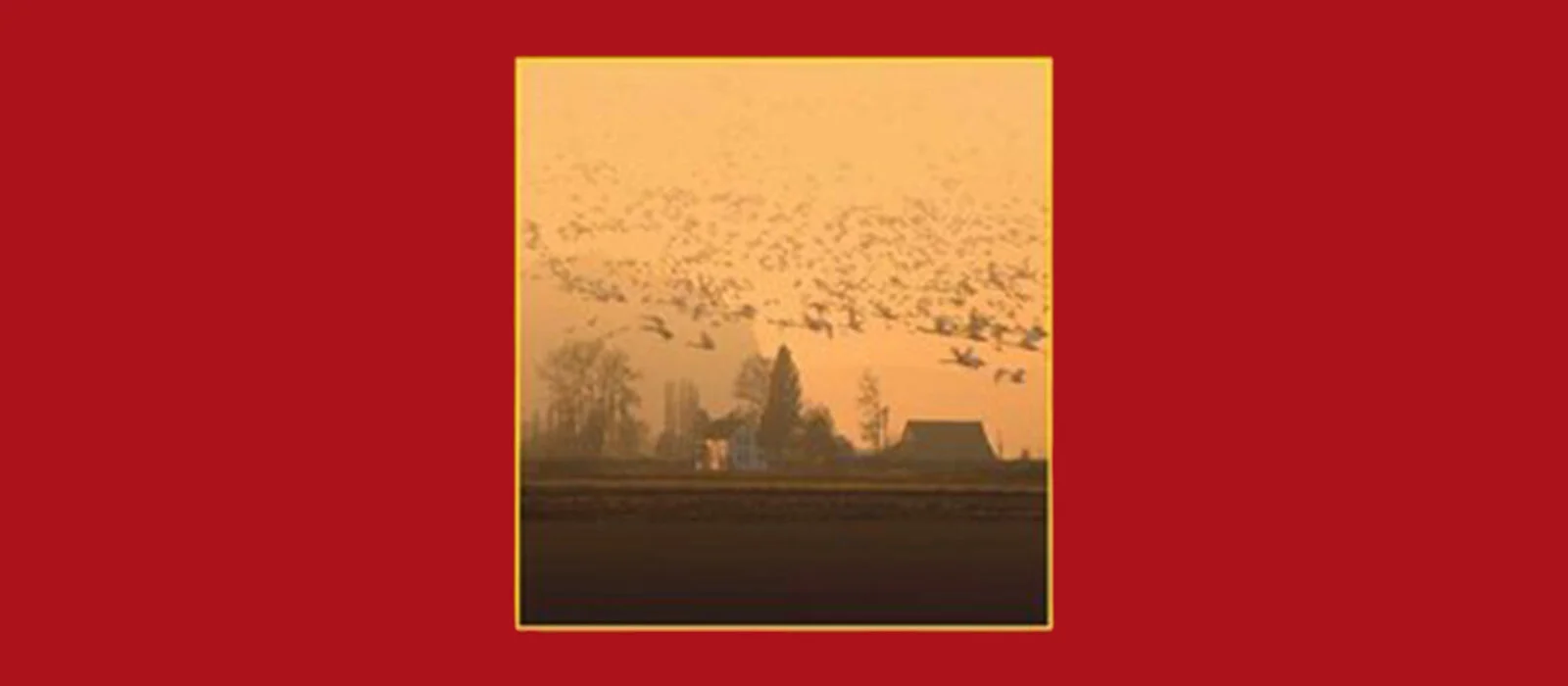Silent Spring
By: Rachel Carson / Narrated By: Kaiulani Lee
Length: 10 hrs and 36 mins
The Classic that inspired the EPA. Boy, I’ll bet Carson is turning in her grave to see what the EPA became in the last presidency…
And so we get to my 2021 Big Sis Listen that has me knowing well and truly that I’m a big ol’ goober who shoulda flunked out at Junior High. I TOTALLY zoned out and fell asleep when venerable author Carson really dug down deep into chromosomal damage and cellular mitosis.
Other than that?
Dude! I was so THERE!
Any book that got Monsanto, that vile, evil, VILE VILE VILE corporation to come out swinging cuz they knew they’d been tagged? Yessssss! Sorry, have a thing about Monsanto—I know I know feeding the world I know but dude! Making us all pay, literally and biologically…
First off, lemme just say that Silent Spring has been sitting in my Library for ages, and I’m barely getting around to listening to it (Thanks, Sis!). I’m one of those people who look around, contemplate the heavy footprints I’ve left on the earth, and am so sad to see what-all I’ve left behind for my nieces, my nephews, their families to deal with. My dad happily trashed plastics and only grinned sardonically when we all Booed and asked him what kinda world he was leaving for us: He knew he was on his way out, the worst wouldn’t happen during his lifetime. It can all feel a bit much, and so I haven’t wished to really give this a Listen as I KNEW I’d be, well, distressed.
I am, well, distressed.
Published in 1962, it opens with an Everytown, USA where nothing is stirring; all is poisoned, all is dead. And then Carson goes into her lengthy treatise against the gross misuse and overuse of chemical pesticides, what she calls “biocides” as they wind up killing so much more than weeds and fire ants and pest insects. DDT is the main culprit, which I’m glad to say I’ve known has been banned for agricultural use since my early years (Altho’ I remember watching the POWs being dusted with it as they were taken as prisoners into their camps in Vietnam—my Mom told me what it was).
While I did find my eyes rolling back up into my head for the discussion of cellular mitosis and all that, even then, none of this comes off as heavy-handed and grossly dry even as it is meticulously and rigorously scientific. Carson has a true flair, and her words are well-chosen, her phrasing almost poetic. As she describes wildlife, and even insects, you can tell she is in awe of Nature, loves this environment she’s fighting to protect.
But of course, I must admit to having my All Humans Are Crap moments every now and again as I considered just how much damage we’ve done and continue to do. You shan’t be able to listen to this and NOT think about how far we’ve come, but also how far we have to go, in addition to how (As we can readily see) the EPA can be perverted. Yes, DDT bad. But chemical compounds are still being created, genes are still being manipulated. Carson carefully documents what effect all that is having on the environment (Dead wildlife in the thousands, squirrels and birds found after agonized deaths), and tho’ she doesn’t go into it in as muuuuuuch detail, she DOES document the growths and illnesses that are found in lab settings as well as through anecdotal evidence. Since her time, since her early death, there’s PLENTY more data to add to hers on the effects of such chemical use.
Silent Spring was received with a good amount of fanfare; after all, thalidomide had just been outed as a miracle drug that actually caused devastating birth defects. The public was in a receptive mood, readily willing to believe that consumers are dupable and that the government all too readily accepted assurances of safety from corporations. But of course there was backlash in the form of lawsuits and even Monsanto publishing their own “The Desolate Year” pamphlet which warned of famine and global hunger should chemical compounds NOT be used wildly. Huzzah for anything that gets Monsanto’s goat… or DuPont’s…
All of this, the science, the heavy use of statistics, sounds like this could be dull. But Kaiulani Lee as narrator had me from the get-go. That tale of Everytown, USA, comes across as nothing less than a nightmare as Lee has slow and gentle tones as she relays details of devastation and loss. And when one looks at photos of Rachel Carson, one sees a gentle woman who wielded words like a graceful warrior—and Lee makes one think one is hearing the actual voice of Carson herself. “Rivers of Death” and “Nature Fights Back” as chapters are said almost tenderly, and then we’re hammered to within an inch of our sanity by what we’ve done to the Earth, what we’re doing to ourselves and to our children.
Yeh I thought of my dad and plastic, yes. But you know what else I thought of when I listened to this?
I remembered how he bought ladybugs and packages of praying mantis eggs for the garden. The man, the grower of tomatoes and zinnias, grower of squash and four o’clocks, really loved his garden, loved the Earth.
And we’re all better for it.
As an Amazon Associate, I earn from qualifying purchases.




